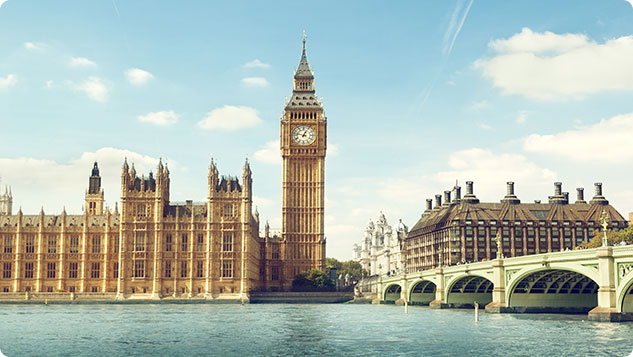How have things changed since IPSA’s creation?
Date published: 19 July 2021

The investigation into the administration of MPs’ business costs that followed Daily Telegraph reporting in 2009 revealed a core vulnerability in the administration of MPs’ staffing and business costs.
The creation of IPSA led to a new system for safeguarding public money while also providing MPs with the resources they need to represent their constituents.
The changes introduced by IPSA are focused on principles of transparency, regulation, and independence.
Transparency
The increase in public interest after 2009 meant it was important that IPSA was as transparent and accountable as possible.
We publish both the annual total expenditure of each MP and details of individual claims on our website every two months.
We also publish information about IPSA’s aims, procedures and decisions.
Read about how we operate, make policy decisions, and identify areas for improvement.
We also engage the public regularly by asking for their views on any proposed changes.
Our policy team gathers information and makes evidence-based decisions about rules for MPs’ budgets. Our communications team responds to media enquiries and our dedicated information governance team responds to Freedom of Information Act requests.
Regulation
The creation of IPSA introduced greater regulation of MPs’ staffing and business costs. To improve regulation of MPs parliamentary costs we introduced a set of rules called the Scheme of MPs’ Staffing and Business Costs ("The Scheme").
The Scheme sets out the rules and standards required for MPs’ to make claims.
There are much tighter restrictions on what costs can be claimed than existed before 2009. MPs can no longer submit claims up to the value of £250 with no receipt, nor spend £400 each month on food. All claims must be submitted with an invoice or receipt and MPs can claim a maximum of £25 per night for subsistence only when travelling on parliamentary work – in line with many other organisations.
Other claims, such as mortgage interest payments and claims for journeys that could be considered a commute, are now specifically excluded.
What was left to MPs’ judgement is now independently reviewed against our written policy.
This means MPs are more certain of the rules, and public money is better safeguarded.
Independence
Before 2009, MPs’ business costs were administered by a small team of 30 people in the House of Commons, with support from the Finance Office. At that time MPs’ costs were only one responsibility among many in the parliamentary network.
By contrast, IPSA is an independent public body that operates outside the House of Commons. This means all our teams are dedicated entirely to administering and regulating MPs’ staffing and business costs.
Because we are independent of Parliament, we make fair and impartial decisions regarding MPs’ pay and their staffing and business costs. This framework helps MPs operate within a clear set of rules and gives greater assurance to taxpayers that their money is being spent appropriately.
Part of our remit is also to decide MPs’ pay independently. Before our creation, MPs would decide their own pay and regularly voted against pay increases.
In 2015, we conducted a review and found the convention of failing to increase their own pay meant MPs’ salaries were artificially low. In response to this issue, we made a one-off uplift to MPs salaries and linked MPs’ pay to changes in average public sector earnings as calculated by the Office of National Statistics.
While raising MPs’ pay remains a controversial issue, it is important the decision is data-led and made independently.
A robust system
Before the creation of IPSA, the system of setting and regulating the rules on MPs’ spending was not sufficient to safeguard public money.
While some MPs knowingly broke the rules, most were operating within a system that wasn’t fit for purpose.
The system now in operation has clear rules, robust regulation and a level of transparency that allows the public to fully scrutinise how MPs use public money.
Our data shows more than 99% of MPs’ claims are within the rules and we continually review our policies and procedures to provide the best possible service to MPs and the public.